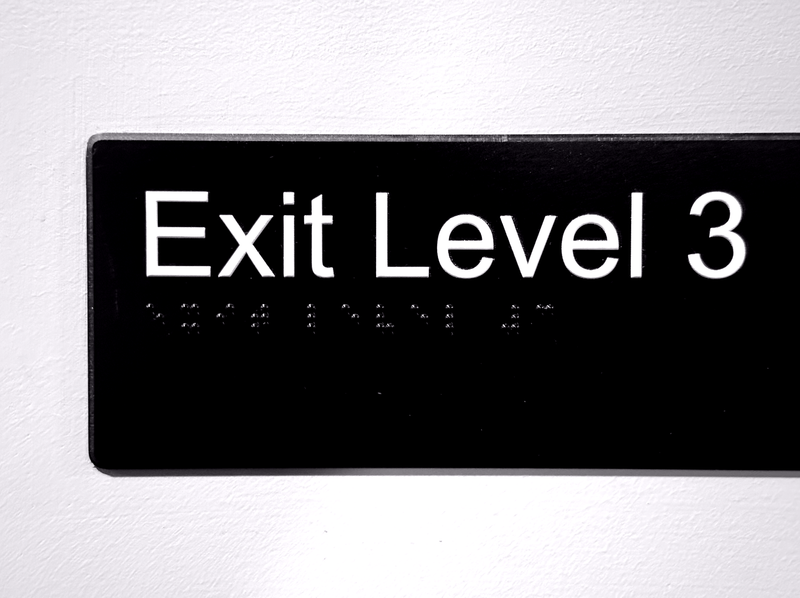California tenant notice requirements: What landlords must provide in leases and evictions
Learn the exact AB 1482 notice requirements in California. See the mandatory tenant rights wording, exemption clause for single-family homes, rent increase timing rules, and relocation assistance notices.
The California Tenant Protection Act does more than cap rent and require just cause for eviction. It also mandates specific notices and lease language, ensuring tenants are informed of their rights. If the notice is missing—or if the wrong wording is used—the property may be treated as covered under AB 1482, even when it might otherwise be exempt.

Sources and References
For further guidance and updates on AB 1482 and related tenant protections:
- AB-1482 Tenant Protection Act– Full legal text.
- California Department of Justice – Housing Page – Overview of statewide tenant rights.
- California Courts – Eviction Help – Tenant resources for navigating eviction cases.
- Tenant advocacy organizations and legal aid services – Free or low-cost legal advice for renters.
Covered units: Required tenant rights notice
For most rental units covered by AB 1482, landlords must provide tenants with a written notice explaining rent caps and just cause protections.
- For leases beginning or renewed on or after July 1, 2020: The notice must appear in the lease as an addendum or separate document signed by the tenant.
- For tenancies that existed before July 1, 2020: The notice was required by August 1, 2020.
The law requires this exact wording, in at least 12-point font:
“California law limits the amount your rent can be increased. See Section 1947.12 of the Civil Code for more information. California law also provides that after all of the tenants have continuously and lawfully occupied the property for 12 months or more or at least one of the tenants has continuously and lawfully occupied the property for 24 months or more, a landlord must provide a statement of cause in any notice to terminate a tenancy. See Section 1946.2 of the Civil Code for more information.”
Exempt units: Mandatory exemption clause
Single-family homes and condominiums may be exempt from AB 1482 if:
- The property is owned by an individual (not a REIT, corporation, or certain LLCs).
- Tenants are given the exemption notice in their lease for any tenancy starting or renewed on or after July 1, 2020.
Without this notice, the unit is considered covered by AB 1482.
The required exemption language is:
“This property is not subject to the rent limits imposed by Section 1947.12 of the Civil Code and is not subject to the just cause requirements of Section 1946.2 of the Civil Code. This property meets the requirements of Sections 1947.12 (c)(5) and 1946.2 (e)(7) of the Civil Code and the owner is not any of the following: (1) a real estate investment trust, as defined by Section 856 of the Internal Revenue Code; (2) a corporation; or (3) a limited liability company in which at least one member is a corporation.”
Rent increase notices
When raising rent, landlords must follow both the cap and the notice period:
- Increases of 10% or less (cumulative in 12 months): At least 30 days’ notice.
- Increases of more than 10% (cumulative in 12 months): At least 90 days’ notice.
- No more than two increases in any 12-month period.
Notices should clearly state the current rent, new rent, dollar/percentage change, and effective date.

No-fault evictions and relocation assistance
If a tenancy ends for no-fault just cause—such as owner move-in, substantial remodel, or demolition—landlords must provide relocation assistance. They have two options:
- Direct payment: Equal to one month of the tenant’s rent, paid within 15 calendar days of serving the termination notice.
- Final-month rent waiver: Written confirmation that no rent is due for the last month.
The notice must explicitly state which option is being provided and the amount.
Why notices matter
AB 1482 is designed to protect tenants, and the law treats notices as the backbone of those protections. If the required wording isn’t provided, the consequences are serious. For tenants in covered units, missing or incorrect notice language means the landlord is out of compliance. If a landlord tries to claim an exemption for a single-family home or condominium but fails to include the mandatory exemption clause, the property is legally considered covered by AB 1482 anyway. And if a landlord issues a no-fault termination without clearly disclosing the relocation payment or rent waiver, the termination notice itself is void.
For renters, that means it’s important to keep copies of lease addenda and any rent increase or termination notices. For property owners, it underscores why copying the statutory language exactly—and delivering it on time—is the only way to remain compliant.









